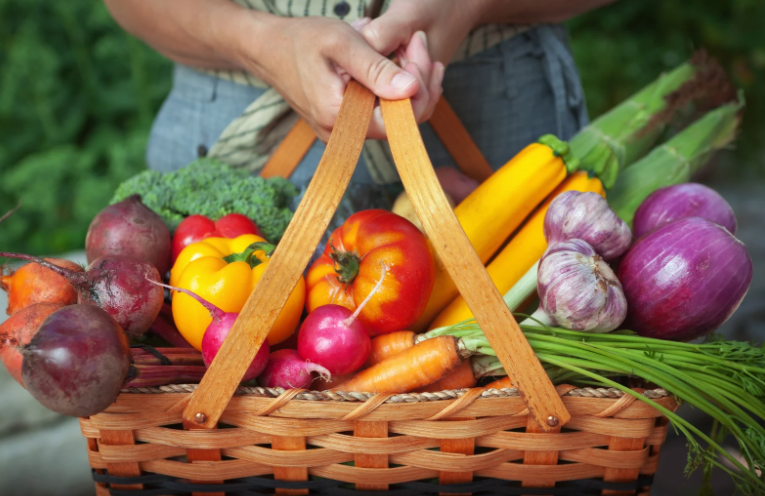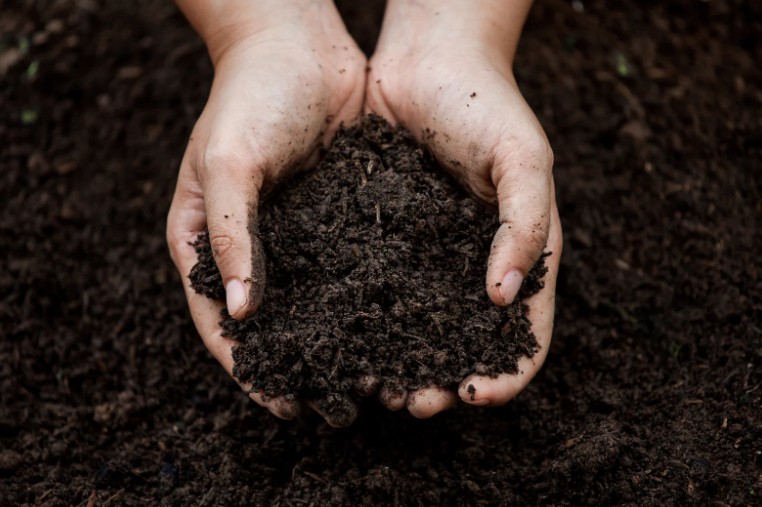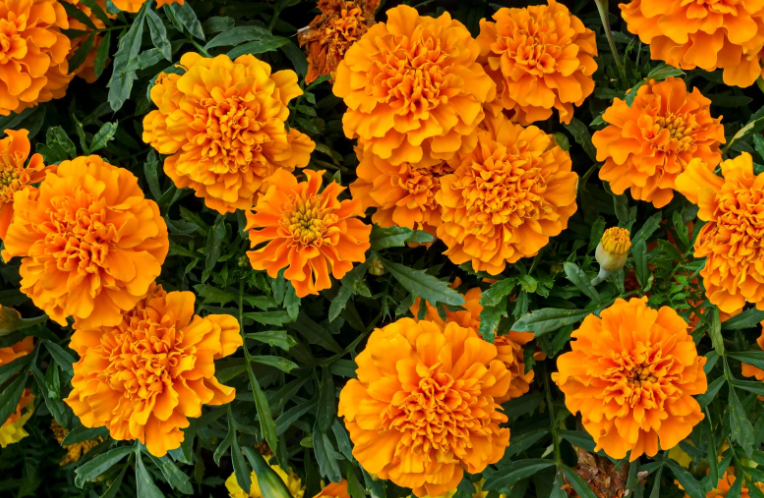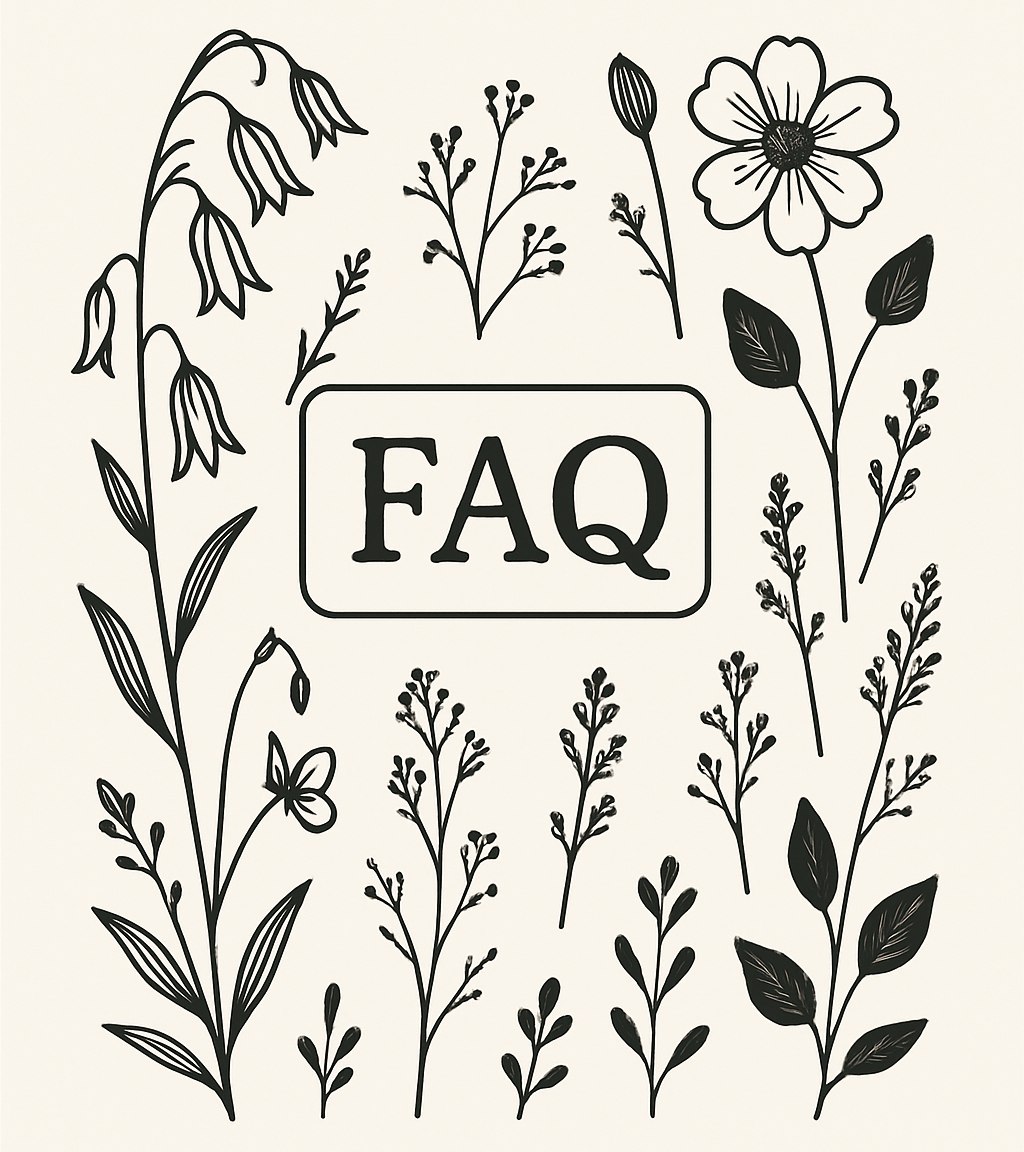As more homeowners, condominiums, and rental communities embrace wellness, sustainability, and multifunctional landscapes, there’s a rising demand for outdoor spaces that do more than just look good. Enter: container vegetable and herb gardens: a practical, beautiful, and highly profitable niche for landscape professionals.
Whether you’re working with urban amenity spaces, cozy patios, or luxury backyards, container-grown vegetables allow you to offer clients a curated experience that combines form, function, and flavor. Here’s how to make this edible design trend work for your business.

Containers That Work (and Wow)
When selecting containers for client installs, consider both durability and aesthetics. Our top picks:
- Fiberglass for lightweight versatility on patios and decks
- Metal planter line for luxury rooftop spaces
- Cedar planters for sustainability and natural materials
Pro tip: Always ensure containers have proper drainage to protect root health.
Soil & Fertility: Skip the Dirt, Use the Right Mix
Topsoil won’t cut it here. For lush, productive veggies, use a professional-grade potting mix that includes:
- Coconut coir or peat moss for water retention
- Perlite or pumice for aeration
- Organic compost or worm castings for nutrient density
For client-friendly results, add slow-release fertilizer or set up a low-maintenance liquid feeding schedule.

What to Plant: High-Impact, Low-Maintenance Crops
Not every vegetable thrives in a containers, but many do, especially compact or dwarf varieties. Top performers include:
- Dwarf varieties such as cucumber, tomato, peas or broad beans
- Lettuce, kale, spinach, and arugula
- Herbs like basil, thyme, oregano, cilantro, rosemary, and parsley
- Short-rooted carrots, radishes, and beets
Mix fast-growing greens with slower crops to maximize space and visual appeal. Bonus: pairings like basil and tomatoes look great and boost flavor.
Sunlight, Water & Irrigation Strategies
Most edible crops need 6–8 hours of direct sunlight per day. Be sure to assess the site and supplement with grow lights if necessary.
Irrigation is another key to client satisfaction:
- Install drip systems with timers for ease
- Offer seasonal maintenance packages to keep plants thriving

Managing Pests Without Harsh Chemicals
Even in containers, pests and diseases can be a challenge. Offer clients natural solutions like:
- Neem oil or insecticidal soaps
- Physical barriers like mesh or row covers
- Beneficial insects or companion planting
- Annuals planted as a natural repellent like marigolds, nasturtium or petunias depending on the pest problem.
An IPM (Integrated Pest Management) plan adds value to your service offering—and peace of mind for your clients.
Add Value with Seasonal and Service-Based Offers
Vegetable containers aren’t just a one-off install they are an opportunity to create long-term client relationships. Consider offering:
- Seasonal replanting (spring, summer, fall)
- Custom edible garden packages for outdoor kitchens or entertaining zones
Final Takeaway
Edible container gardening is more than a passing trend—it’s a smart, scalable way for landscapers to diversify services, attract eco-conscious clients, and grow revenue. With the right materials, planning, and seasonal support, you can turn a few planters into a thriving piece of your business model.
Ready to plant the seeds of a new revenue stream? Start offering edible elegance today. Need the planters, contact Mount Vernon Vessels & Vines today.
Frequently Asked Questions

Where do I get started?
Begin by having a conversation with your client to tailor the garden to their lifestyle and preferences. Key questions to ask include:
- What are your favorite vegetables or herbs to eat?
- Are there any vegetables you want to avoid?
- Are you looking to eat them fresh or preserve them, or both?
- Do you have any dietary restrictions or allergies?
- What kind of cuisine you typically cook or enjoy?
This information helps you design a productive and personalized garden that adds real value to the client’s daily life.
Where do I source vegetables?
Most local annual wholesale growers offer a broad selection of herbs and vegetables. When placing your order, consider including companion plants that not only enhance the aesthetic but also act as a natural pest repellent.
How should I handle irrigation for container gardens?
- Temporary irrigation solutions such as a hose connected with a tray head attached at the water source with a battery pack timer.
- Permanent irrigation systems drip lines or micro spray heads fed up through the planters. BONUS: make sure to price in a maintenance plan such as a spring startup and winterization.
